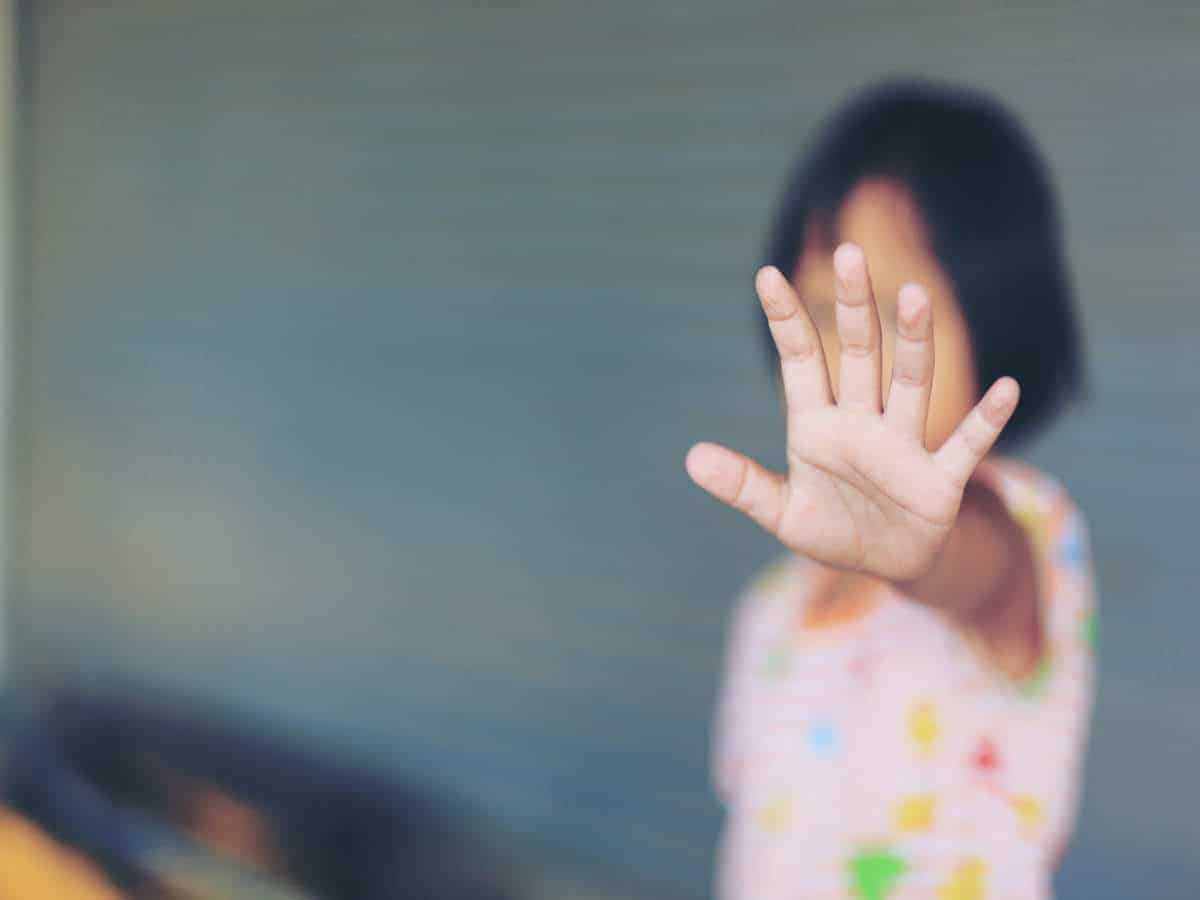Panaji: Children are most vulnerable to sexual predators on social media platforms, beaches, and even yoga centres in Goa, a study has revealed.
The study ‘Sale and Sexual Exploitation of Children in the Context of Travel and Tourism in Goa’ claimed that the state’s free and easy-going image had influenced the state’s infamy as the sex capital of India and therefore made minors vulnerable to sexual exploitation.
“Hotels/lodges and rented homes provide such tourists with easy access to children. It is impossible for the authorities to monitor such places. Goa is a popular yoga destination.
These places have made children vulnerable. Spas and massage parlours and casinos are openly supplying children,” said the study authored by Dr Ranjana Ferrao, a professor at the VM Salgaocar College of Law in Panaji.
The study published in the latest edition of ‘Journal of Victimology and Victim Justice’ published by Sage Publications also says that social media platforms and websites were key contact points between sexual predators and unsuspecting minors.
Nearly 200 respondents were interviewed for the study.
In its observation on international child trafficking in Goa, the study said that the biggest grouping of minor victims of sexual abuse are from Bangladesh (42 per cent), followed by Thailand (28 per cent), Nepal (25.5 per cent) and Uzbekistan (16 per cent).
“The victims are provided with documents such as Aadhaar card, voting cards and marriage certificates to make them seem adults,” Ferrao said in her study.
The study pointed out that foreign paedophiles often target developing or poor countries on account of weak legal systems, but Goa’s projection as a state with an easy-going social ethos has also unfortunately earned it the infamous sobriquet as the “sex capital of India”.
“Many Indian and foreign tourists come in search of child sex in Goa. Goa is also openly advertised as a state with free and liberal values. This has made our children vulnerable,” the study added.
Incidentally, the first international paedophile ring to be busted in 1991 in India was operating out of Goa.
The study mentioned the arrest of Freddy Peats, whose orphanage in the beach village of Calangute served as a destination for sexual exploitation for foreign paedophiles, as well as the case of slain British minor girl Scarlett Keeling who was sexually assaulted and left to die at North Goa’s Anjuna beach.
Goa’s beaches, in fact, said the study, were a vulnerable zone for children.
“Children are found roaming nude or as little as with few undergarments on Goan beaches. In no other country in the world do you see children roaming unaccompanied by either a parent or guardian.
This puts children at risk,” the study states, adding that domestic tourists seek sexual favours from children for ‘as little as Rs 50 to Rs 200’ but foreigners pay more.
“Some come in contact with children who are begging in public places. Children are found working at restaurants, thus making them easy targets. The tourist may approach the child in person on the streets, the beach, in schools or centres for children.
The modus operandi adopted by the tourist is first to befriend the child through its family and relatives or through an intermediary on the beach, in hotels, guesthouses, karaoke clubs and massage parlours,” the study pointed out.

